Recently, I had a chance to meet up with some of Singapore’s Sports Legends – who were at the Singapore Sports Hub, to share their stories.
The legends who had made an appearance at the session, were sprinting legend C. Kunalan, former national footballer Lim Tong Hai, ex-netball captain Jean Ng, swimming legend Bryan Tay and former water polo star, Yip Ren Kai.
Had never thought that they would be successful in sports
While they are now legends in their respective sporting fields, not all of these sports stars saw themselves early on, as becoming successful later in sports.
For example, said Kunalan, “I thought that I was a fast runner in primary school when I played the Police & Thief game with my schoolmates – but nothing more. And in secondary school, I thought about being on the track team, but because there was no track & field offered in my school, I left secondary school without ever having been a runner.”
He added, “When I took up work as a teacher, I played football for the Singapore Teacher’s Union and I was told by one of the lecturers at the training college there, that I should be a runner because I can run very fast and that I have potential.” (This had been when the runner was in his early 20s).
Kunalan then went on to explain that he actually avoided that particular lecturer for the next six months – until he bumped into him again in the corridor. That was when Kunalan decided to change from becoming a recreational footballer to a competitive sprinter – and he has never looked back since.
Parents and their role in sports
Other legends said that their parents or a coach has shaped their sporting talents.
Former water polo player Yip Ren Kai’s parents encouraged him to be more active, but at the same time, instilled a certain level of discipline in him. He said, “The most important thing in sports is proper parental support. I was quite lucky. My parents encouraged me to take part in sports, so I did a lot of swimming and water polo when I was young. But at the same tine, they told me that I would not be allowed to pursue sport if I did not make the academic grade.”
“So without that parental discipline, I don’t think I would be sitting here today, as a former captain of the national water polo team. My parents gave me just the right amount of support without being intrusive,” added Yip.
On the other hand, former netball player Jean Ng’s parents were completely off limits as they had plenty of faith and trust that she knew how to manage her own time well. Said Ng, “The most important thing was that my parents trusted me. Once when I went training in the middle of my A Level exams, they were like, what the hell are you doing? But they didn’t begrudge me my sports training time because they trusted my judgement. They may not have been super supportive but at least they were behind me all the way.”
Getting inspiration from Coach
For ex-swimmer Bryan Tay, his parents had actually forced him to take up swimming lessons – even though he hated getting wet. He said, “My parents sent me for swimming lessons because they wanted to get rid of us – so that they could spend the time going shopping. I hated the sport at first because I didn’t like to get wet – but later, I eventually grew to enjoy it.”
Throughout his swimming career, Tay’s coach has been his key form of inspiration. He said, “He really inspired me and got me started, to mould me into what I am today. He made me realise that if I started training seriously, I could achieve something with the amount of time that I would put into the sport.”
But for Tay, success in the sport also came with hardships. He said, “When I was competing at the national level, swimming took up a lot of my time – I trained five hours a day, six days a week. So I didn’t have time to do anything except study, sleep and swim – over and over again for 15 years of my life. It was long and exhausting and I had to give up my social life but it was a decision that I had made for myself in order to do well in the sport that I had chosen.”
Low points during competitive sports
But besides having to make sacrifices to get to the top, a career in competitive sports isn’t always rosy though – even after the athlete has already risen to fame in his or her chosen field. It can also come with its low points and moments that the athlete may have wished, didn’t happen.
For ex-footballer Lim Tong Hai, this happened in the 1993 SEA Games when he was playing in the semi-final football match against Myanmar. Said Lim, “It was a game that had been watched by 55,000 people seated in the stadium, and more than a million more viewers on television. And it was when I became the most hated guy in Singapore – because I scored two own goals. Until today, in any international tournament, I have yet to see a player scoring two own goals in a single football game.”
As a result of putting two goals into the back of his own net and costing the Singapore team a spot in the Final, Lim had accusations and negative threats thrown at him. Added Lim, “But I had to live with it because of what I had done. But I had the support from the rest of the team, as well as my wife, coach and family and they helped me to pull through it all.”
And now, after reflecting on his actions, Lim has some words of wisdom for everyone. He said that we should learn from our mistakes and not to make them again. And you should work hard because the more you do, the more mistakes you will make, to help you learn. But the less you do, the less mistakes you will make – so you won’t learn as much.
Lim added, “We all have our ups and downs, but what is important is the support around us and our ability to pull through these.”
Hard work versus talent
Now that they have all tasted sporting success, do these sporting legends think that hard work or talent will get you further, in a sporting career?
Said Tay, “You can have talent, but if you do not work hard, you will get nothing. I was born with a long torso and short legs. That is the ideal body shape for swimming, but I didn’t work hard at first and never pushed my limits. As a result, I did not get a fast timing for years. I then realised that I needed to work harder – and when I did, my time barriers completely fell. So hard work is definitely important in sports.”
Added Lim, “After my playing career was over, I coached the youth and senior football team. Some youths were very talented while others may not have talent but they worked very hard. The hardworking ones achieved more – compared to those with talent but who did not put in as much effort as they should have. So while talent does help to some extent, I think that the hard work put in, supersedes talent. The best combination though, is working hard and having the talent.”

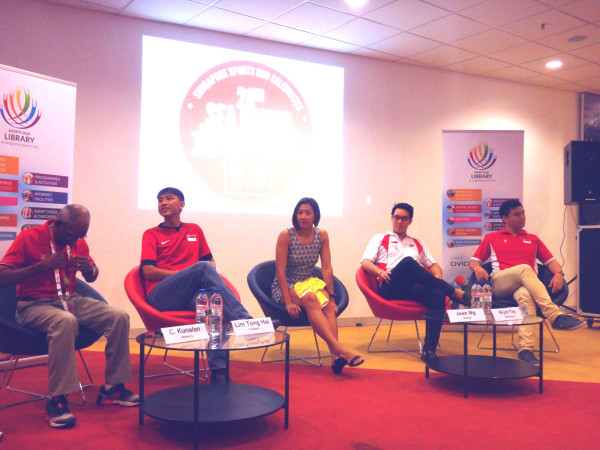
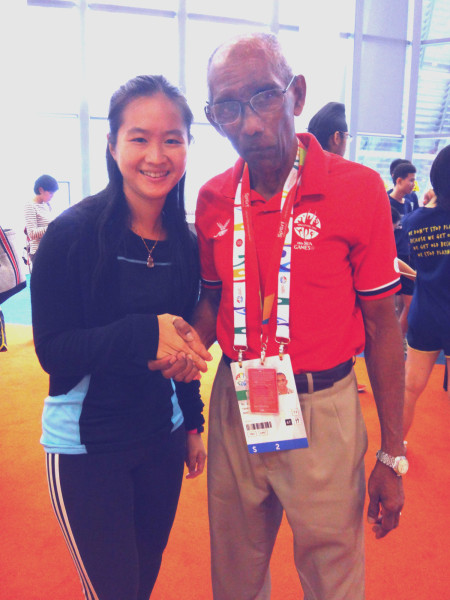
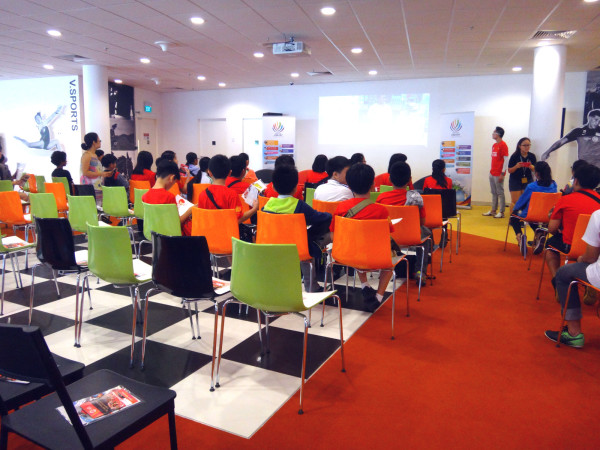
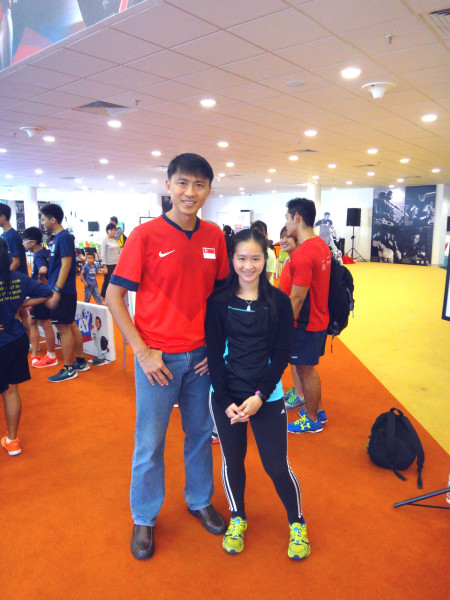
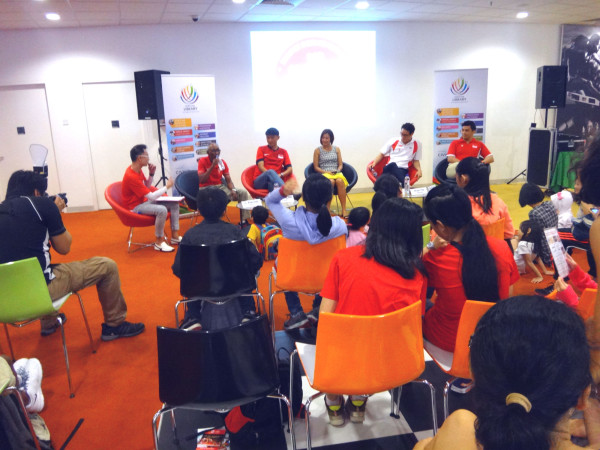
Leave a Comment